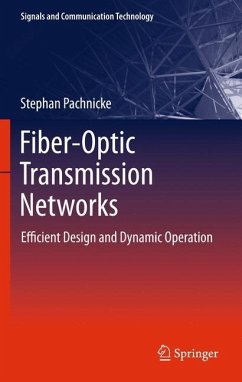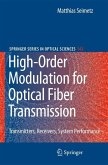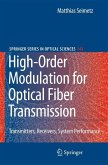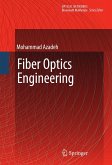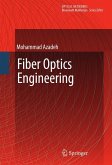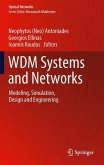Next generation optical communication systems will have to transport a significantly increased data volume at a reduced cost per transmitted bit. To achieve these ambitious goals optimum design is crucial in combination with dynamic adaptation to actual traffic demands and improved energy efficiency.
In the first part of the book the author elaborates on the design of optical transmission systems. Several methods for efficient numerical simulation are presented ranging from meta-model based optimization to parallelization techniques for solving the nonlinear Schrödinger equation. Furthermore, fast analytical and semi-analytical models are described to estimate the various degradation effects occurring on the transmission line.
In the second part of the book operational aspects of optical networks are investigated. Physical layer impairment-aware routing and regenerator placement are studied. Finally, it is analyzed how the energy efficiency of a multi-layer optical core network can be increased by dynamic adaptation to traffic patterns changing in the course of the day.
In the first part of the book the author elaborates on the design of optical transmission systems. Several methods for efficient numerical simulation are presented ranging from meta-model based optimization to parallelization techniques for solving the nonlinear Schrödinger equation. Furthermore, fast analytical and semi-analytical models are described to estimate the various degradation effects occurring on the transmission line.
In the second part of the book operational aspects of optical networks are investigated. Physical layer impairment-aware routing and regenerator placement are studied. Finally, it is analyzed how the energy efficiency of a multi-layer optical core network can be increased by dynamic adaptation to traffic patterns changing in the course of the day.

